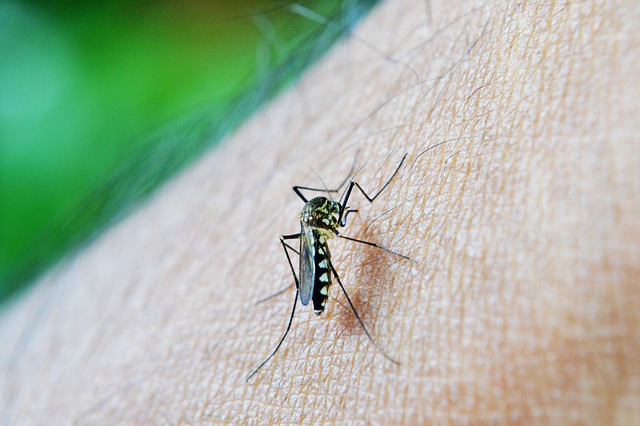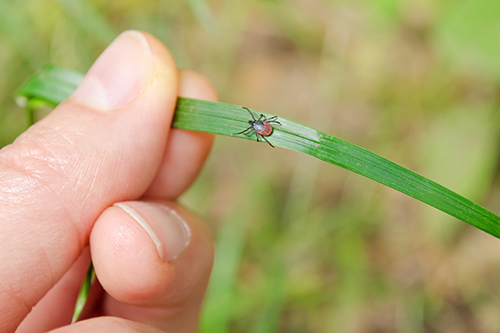Reasons for patients not disclosing Lyme disease to their doctor?
After reading an article entitled “Assessment of Patient Nondisclosures to Clinicians of Experiencing Imminent Threats,” by Levy and colleagues, I began to wonder why some patients might not disclose they have Lyme disease to their primary care physician.
Clinical judgment leads to successful Lyme disease treatment in young child
A 6-year-old child presented to her pediatrician with a circular rash on the left side of her face. The pediatrician initially assumed the rash was allergic dermatitis and prescribed topical steroids. But the rash did not improve, explains Banadyha and colleagues in their case report.
Persistent Lyme infection or inflammatory immune response?
A new study by Jutras and colleagues describes a persistent antigen called peptidoglycan (PG) as a contributing factor in Lyme arthritis. “We show that B. burgdorferi has a chemically atypical PG (PGBb) that is not recycled during cell-wall turnover,” the authors write.
Stopping the malaria epidemic: lessons for Lyme disease?
In their article “Malaria and Lyme disease - the largest vector-borne US epidemics in the last 100 years: success and failure of public health,” Rochlin et al. [1] compare various intervention strategies used to eradicate malaria with current initiatives to control the increasing incidence of tick-borne diseases.
Ticks: transmitting multiple infectious agents
"Ticks are fascinating organisms, which can transmit an extremely high number of infectious agents to humans, livestock, pets, and wildlife," writes Benelli from the University of Pisa in Italy.
Dismissing chronic Lyme disease for somatic symptom disorder diagnosis
The authors of this case series suggest that children with chronic Lyme disease symptoms be re-evaluated and diagnosed with somatic symptom disorder (SSD). Their article “Somatic symptom disorder should be suspected in children with alleged chronic Lyme disease” appears in the European Journal of Pediatrics. [1]
Recognizing knee pain associated with Lyme disease
“In our rural health center in Maine, Lyme disease is the most common cause of acute non-injury-related knee pain and swelling, usually presenting as unilateral, red, and warm,” writes Dr. Miller in a recent letter to the American Family Practice journal. “It can also be transitory and migratory. Many patients are unaware of having had a tick bite.” [1]
What exactly is POTS – postural tachycardia syndrome?
“Postural tachycardia syndrome (POTS) is a chronic debilitating condition characterized by symptoms of lightheadedness, fatigue, palpitations, pre-syncope, sleep disturbances, cognitive impairment and brain fog in conjunction with an exaggerated increase in heart rate (HR) when upright, despite maintenance of a normal blood pressure,” writes Wells in the journal Vascular Health and Risk Management. [1]
Number of post-treatment Lyme disease cases expected to soar
The number of post-treatment Lyme Disease (PTLD) cases is expected to soar, according to the authors of a new study, “Estimation of cumulative number of post-treatment Lyme disease cases in the US, 2016 and 2020.”
Lyme carditis presenting as atrial fibrillation treated successfully
Lyme carditis is known to cause symptoms of fatigue, difficulty or labored breathing (dyspnea), palpitations, lightheadedness, syncope, and chest pain. [1] But as this case report demonstrates, symptoms can sometimes be atypical. The authors describe a patient with Lyme carditis presenting as atrial fibrillation, a type of arrhythmia that causes the heart to beat much faster than normal.













